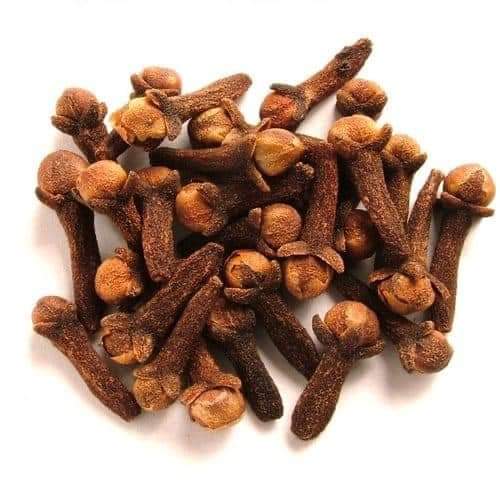
For Advert, Political Campaign Online
Cloves are a great source of beta-carotene, which helps give them their rich brown color. The carotene family of pigments are important antioxidants and provitamins. Carotene pigments can convert into vitamin A, an important nutrient for keeping your eyes healthy.
Cloves include multiple compounds that are linked to anti-inflammatory properties. Eugenol is the most important of these compounds. Eugenol has been shown to reduce the inflammatory response in the body, reducing the risk of diseases such as arthritis and helping to manage symptoms.
It has fewer Free Radicals
Eugenol is also a potent antioxidant. Cloves are full of antioxidants. These compounds help your body to fight free radicals, which damage your cells and can lead to disease. By removing free radicals from your system, the antioxidants found in cloves can help reduce your risk of developing heart disease, diabetes, and certain cancers.
It Protects the Stomach from Ulcers
There is some evidence that cloves can help protect your stomach from ulcers. Most ulcers are caused by thinning in the layers of mucus that protect your stomach lining. Preliminary studies show that eaten in large quanities, cloves can thicken this mucus, lowering your risk of developing ulcers and helping existing ulcers heal.
It Improves Liver Function
Cloves may also promote better liver function. Some trials have shown that the eugenol found in cloves can help reduce signs of liver cirrhosis and fatty liver disease. It may also improve general liver function.
Nutrition
Cloves provide a significant amount of the mineral manganese. Manganese helps your body manage the enzymes that help repair your bones and produce hormones. Manganese can also act as an antioxidant that protects your body from free radicals.
Cloves are also an excellent source of:
Vitamin K
Potassium
Beta-carotene
Eugenol
Nutrients per Serving
A one teaspoon serving of cloves contains:
Calories: 6
Protein: Less than 1 gram
Fat: Less than 1 gram
Carbohydrates: 1 gram
Fiber: 1 gram
Sugar: Less than 1 gram
Things to Watch Out For
Cloves are potent in both their flavor and their effects. In general, cloves as spices are not worrisome nor are they potent health protectors, but there are a few things to keep in mind when adding cloves to your recipes.
Drug interactions. Eugenol can sometimes interact with medication, such as Warfarin. If you’re on blood-thinning medication, avoid consuming clove oil or clove tea. It’s relatively safe to consume smaller amounts of cloves as spice, though.
Hypoglycemia: Cloves may also affect blood sugar levels. In people with diabetes, eugenol can lower blood glucose counts to safe levels. However, in excessive amounts, cloves can cause hypoglycemia, where your blood sugar levels are too low.
Essential Oil Toxicity: Clove essential oil contains a much higher dose of eugenol than whole or ground cloves do. Consuming pure clove oil can be toxic and lead to symptoms such as dizziness or even coma.
How to Use Cloves
Cloves are dried flowers, so they can be found all year long in spice shops, grocery stores, and health food stores nationwide.
Cloves come in both whole and ground form. However, their potency quickly fades once they’ve been ground. In order to keep their flavor strong, buy whole cloves and keep them in airtight containers until you want to use them. If you need ground cloves, you can grind them with a pepper mill so they remain as fresh as possible.
You can also make clove tea if you’re interested in getting a stronger dose of cloves:
•Grind a tablespoon of whole cloves.
Steep the powder in boiling water for three or four minutes.
•Strain the spice out and you’ll be left with a rich spicy tea that’s
for winter months.
•Cloves are a soothing, healthy addition to your diet. Here are some other ways to use this flavorful spice:









No comments:
Post a Comment